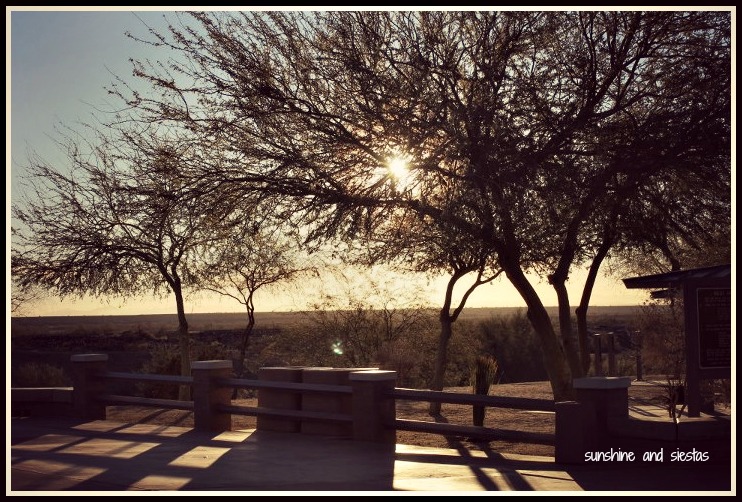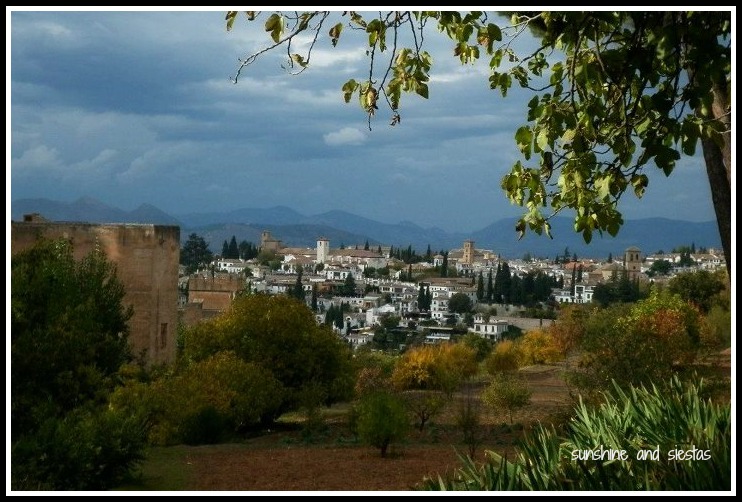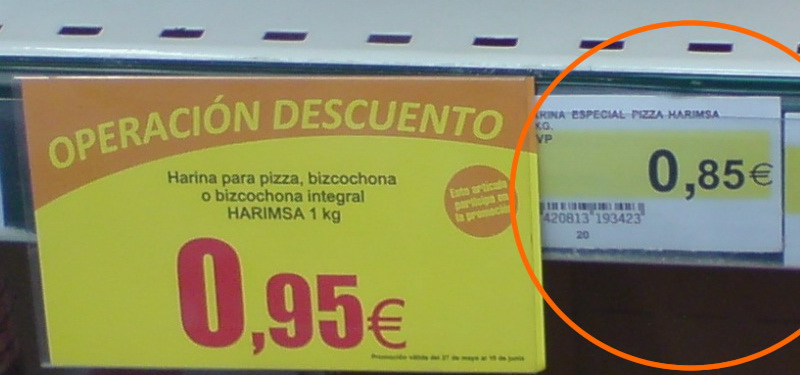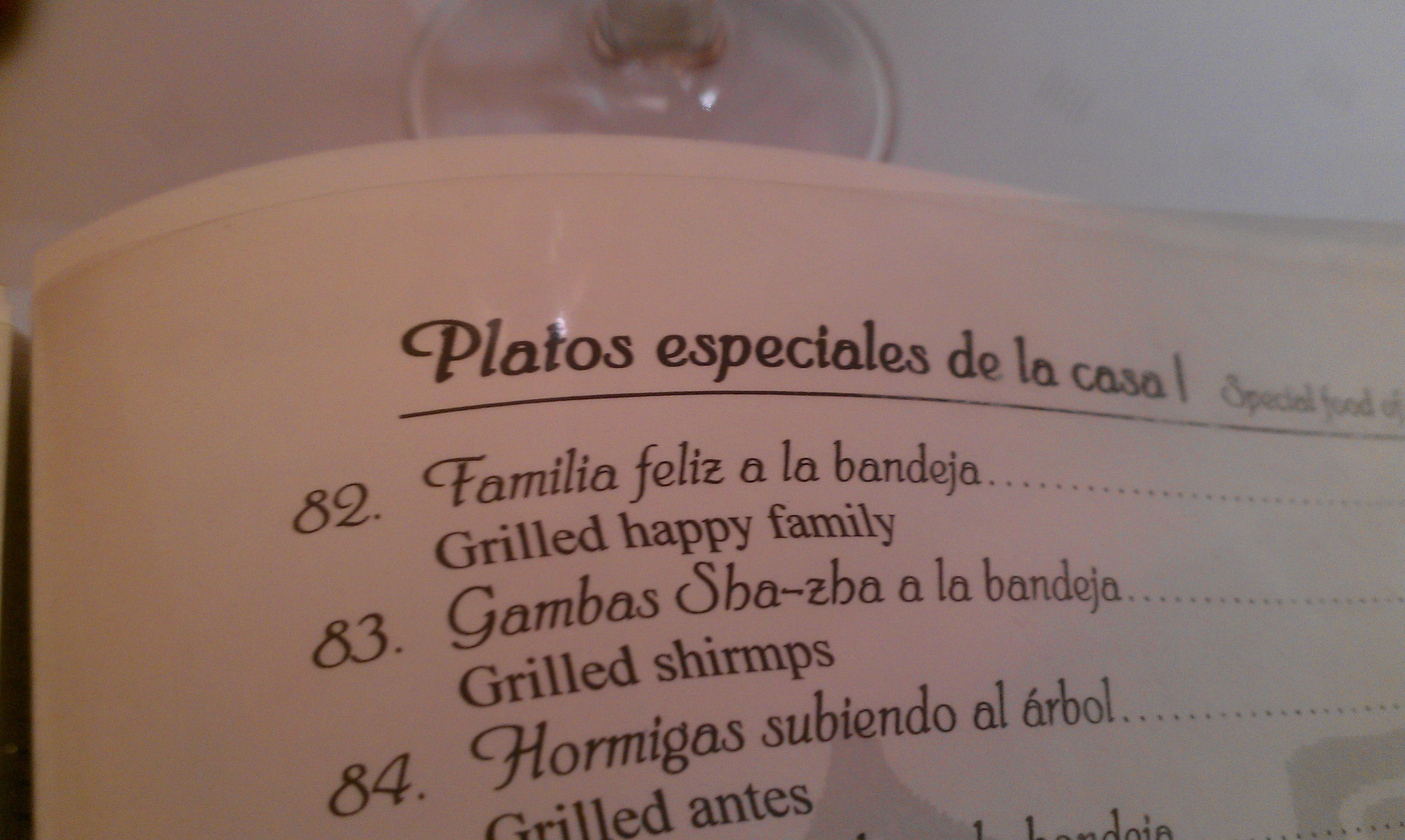“I knew the weather was changing during my morning cigarette yesterday,” the Novio mentioned as he smoked his [fifth] evening piti.
That’s the problem with being a pilot, he confessed. You start to understand the weather patterns. His friends nodded, confident that we were about to enter the Veranillo de San Miguel. Like most moments in my life in Seville, I shrugged and gave them a puzzled look.
Alas, not three weeks after returning to Spain, I’m putting away my summer clothes and actually sleeping under sheets. We welcomed Autumn this week with spouts of drizzle, chillier temperatures and the need for a jacket in the evening. Now is the time people start chiding you for not wearing a scarf (reason for getting a cold), for sleeping with your window open (reason for getting a cold) and walk in stocking feet in your house (reason for getting a cold).
Spanish idioms about the weather are some of the silliest I know, and I’ve made a point to put them into my speech for a dramatic effect when talking about Seville’s 300 days of sunshine, and 65 days of cold, damp grossness (for the record, the only think I like about Fall is anything pumpkin-flavored).
Veranillo de Membrillo/de San Miguel – Indian Summer
The little summer of quince or Saint Micheal is what we Americans call Indian Summer – a deceptive window of time where summer returns for just a few short days, complete with high temps and sunshine. Currently, it’s been in the low 70s, and sevillanos are hoping to squeeze out one more beach weekend.
Hasta el 40 de Mayo, no te quites el sayo – Bring your jacket
Like the Veranillo de Membrillo, the above refrán refers to just the opposite: to not be deceived by warm weather, as there will always be a burst of cold. It literally means, until June 10th, don’t take off your light jacket. This old idiom begs you to consider covering up so as not to catch a cold.
Tiempo de perros – Foul weather
The weather of dogs means nothing more than bad weather – storms, blustery winds and the like. Use this idiom with the verb hacer to talk about the weird weather that descends on the land of sunshine and siestas to impress your Spanish friends.
Tener más frío que robando pingüinos – To be very cold
There exist dozens of ways to talk about cold, including the “cold that peels” or the cold that likens you to playing with seals. My favorite is to be colder than robbing penguins, conjuring up a winter wonderland at the North Pole. In Seville, it hasn’t snowed and stuck for over 50 years, so the blue skies that are ever-present in winter trick you into thinking it’s warming up. Nope. Get your penguin-catching nets ready.
Tener carne de gallina – To have goosebumps
Goosebumps are weird sounding, but the Spaniards go ahead and make it goose skin. Even weirder.
Estar calado/a hasta los huesos – To feel damp
I didn’t realize just how cold Seville gets in winter until the Christmastime rains came. All of the sudden, my clothes wouldn’t dry and I found myself shivering under the covers with the heat on, nothing more than my eyes peeking out over the top. Because the city sits in a river valley surrounded by mountain ranges, Seville weather is damp and humid at any time of the year, prompting old ladies to admit to being damp in their bones as the walk their carritos to the supermarket.
Similarly, Spanish employs weather terms to describe people and situations.
Darse ni frío ni calor – to not matter
Spend the last weekend of Indian Summer in la playa or the mountains? No me da ni frío ni calor, really – I’ll take a weekend outside of Seville and away from my computer anytime. Anyone who is wishy washy uses this expression with a shrug to reaaaally let you know that they don’t care, and it’s translated literally as not giving you neither hot nor cold. Cue Katy Perry music.
Cambiar más que una veleta – to be fickle
Speaking of which, you probably have a friend who tells you it doesn’t give him hot or cold, but then changes his mind. Someone who changes more than a weather vane is said to be fickle, and I could easily blanket stereotype with this one, but I won’t. Hey, we’ve all got friends like this.
Llover sobre mojado – When it rains, it pours
As I listen to the rain finally pounding down on a very dry Seville, it’s easy to envision this idioms: When one bad thing happens on top of another, it’s raining over what’s already wet. I made friends with another auxiliar when she was living in Huelva five years ago. As much as she loved Spain, she got dealt one bad hand after another, finally leading her to leave spain after one year. Her reason? It didn’t just pour, it poured over what was already wet.
Pasar como un nube de verano – to be short-lived
You know what passed by like a summer cloud? Summer itself! I have to admit, I’ve never planned my outfits around shoes, but when you haven’t got many options for Fall shoes on a sudden rainy day, it happens. Anything short-lived is remembered nostalgically as a summer cloud. The only problem is, in Andalucía we’ve got either zero clouds or sun protection, or the icky grey skies known as borchorno.
Que te parta un rayo – to go to hell
Straight out of Greek mythology? Damning someone means wishing they get halved by a lightning bolt. I like it.
This is by no means an exhaustive list. Got any other to share? Leave them for me in the comments – I love learning Spanish idioms almost as much as teaching them in English!











